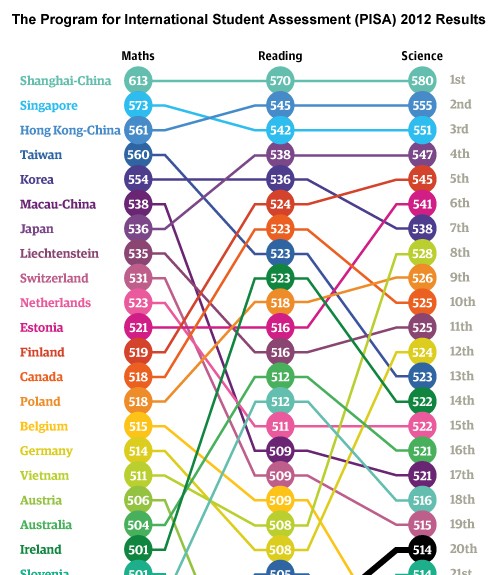Who is responsible for our children’s learning?
With the latest PISA results out, the media is once again bemoaning the falling standards of our Australian education system.
“Half of Australia’s high school students have flunked the minimum international standard in maths, reading or science…” and yet, “Australian schools are better resourced than most industrialised countries” (Bita, The Australian, Thursday 11 February 2016).
What’s going on? Our country is slipping further and further behind.
The natural response is to blame someone. Interest groups point the finger at our schools and teachers. Others blame a lack of government funding or not fully supporting Gonksi.
However, much of this ignores the most important question: “Who is responsible for someone’s learning?”
Are teachers and schools the ones ultimately responsible for a young person’s learning? Are their parents the ones who are responsible?
My perspective on this was influenced recently by a trip I took to Tanzania and the School of St Jude. That school was established in 2002 by an Australian, Gemma Sisia, with a vision to provide education to the nation’s poorest and brightest students. Each year up to 3000 children fill the streets outside the gates of the school to complete for one of the 60 places offered.
To be given a full scholarship to learn at the School of St Jude is a privilege and the students know it. The quality of the teaching isn’t any better; and the resources aren’t flash. And yet, the School’s results are the third highest in the nation.
Sisia’s approach is to ensure expectations are high. If a student isn’t working hard they are asked to leave and the place is given to someone else. Of the first graduating class every student was offered a place at University.
In Tanzania, schooling isn’t universal. Rather it’s a privilege. Yet in Australia, where schooling for children is a ‘right’, too often it is treated with disdain. We waste the incredible opportunity handed to us.
We aren’t grateful for what we do have. Instead, we seek to criticise the falling standards of academic results by looking for someone to blame.
We blame our teachers, our schools and our government but too often forget that raising children, supporting them to become the people we want them to be, is everyone’s responsibility.
A teacher is there to support learning, not to be fully responsible for it. Education is a partnership between the child, the school and the parent.
Tackling falling standards with more money and criticism of teachers hasn’t arrested the decline. The same story appears in our papers each time the PISA results are published.
We need to have a conversation about our values. We need a compelling vision for our future. We need to rethink what our schools look like and how education is delivered. We need to work together rather than shift the responsibility for what is ultimately our own choices. We need leadership.
The falling standards of our students is a complex problem, it isn’t just the responsibility of our schools.

